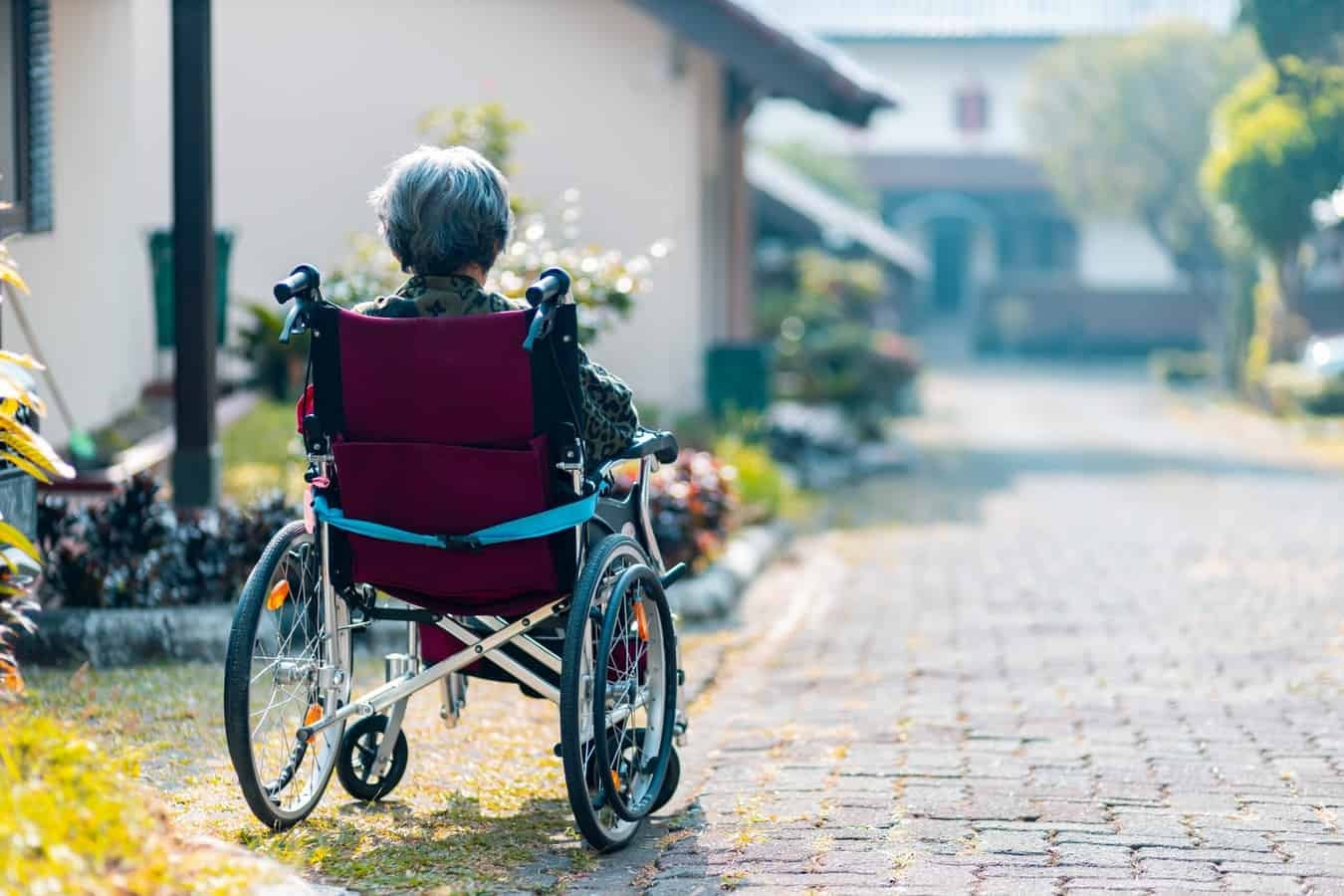Dealing with a parent’s dementia is difficult especially when it has taken a drastic decline. Vic Railton, a caregiver, shares her experience witnessing her mom’s uphill battle with dementia that has taken a turn for the worse.
She writes:
“For the first time ever since her diagnosis, her confusion and angry outbursts have become an around-the-clock occurrence now. Mom is not, nor has she ever been, combative towards anyone. She is not outwardly violent in any way; however, she is anxious, upset, and sad.
Before COVID-19, I would visit and call regularly. Now I have to rely on the staff at her Residence to keep me informed, which they do. I asked her caregivers if she was headed for Memory Care now. Thankfully, according to them, she is not. Memory Care requires ‘wandering,’ they tell me, but Mom is not wandering, another thank God. I did request an increase in her anti-anxiety medication. The nurse agreed and said they would also do lab work to receive more needed information, and they would keep me posted on the results.
Mom has experienced these episodes of severe depression and confusion for about a year now. They were intermittent at first and happened only within certain hours in mid-afternoon. When she had these solemn, lost moods, she would see my mobile number next to her phone and call me with many of the same questions each day. ‘Where am I?’ ‘I don’t recognize anything.’ ‘Where should I be?’ ‘What should I be doing?’ ‘My brain feels confused. Why is this happening?’ I would always answer these calls and talk her off the ledge as best as I could.
The frequency of her phone calls escalated in the past six or eight months. The time in between her calls increased to every half hour, including some in the middle of the night. I had to make the awful decision to pull the power on her phone. This was devastating for me. I was not only cutting my connection to Mom, but to her friends and family as well. However, we all understood. We all knew that Mom, within minutes, no longer remembered our visits or phone calls. Because of that, I felt, at this point, it was okay to take her phone away.
After that, I went about making new signs and posters to tape (up) around her apartment. They read; ‘You are safe in your apartment.’ ‘You are where you should be.’ ‘The dogs and I love you and we will see you later today or tomorrow as always.’ ‘I will give the pups a treat from grandma!’ The last sign I taped was on her phone. It read, ‘Out of Order.’ I then quietly unplugged the power to her phone. . . and my heart.
Almost every day now, it feels like I bury bits and pieces of Mom’s and my relationship. I have been digging and throwing dirt on its coffin and saying goodbye for the past 12 years. The grave won’t be filled until it is over – and who knows how long that will be?
What is hard for me is knowing Mom is suffering continuously. What is excruciating for me is not being able to talk to her whenever I want now. Disconnecting the phone did not affect Mom the way it affected me. She is not aware we have not spoken since I pulled the plug on the phone. Nor is she aware I have not visited her. She is not even aware of the COVID-19 pandemic that has turned everyone’s world upside down.
I am at least grateful that Mom’s latest decline does not extend to her knowing how gut-wrenching this is for me. I know that would upset her even more. I am also grateful she has no retention of her own emotional suffering due to dementia.”
Dealing with someone you know who has dementia is not easy, but you do not have to go through it alone. There are plenty of resources available for you. Please visit https://washoecaregivers.org/resources/?filter_organization_categories_ed40e=49 for caregiving and dementia resources or call the Community Foundation at 775-333-5499.
If you or someone you know is feeling overwhelmed by caregiving, you are not alone. The Community Foundation’s Caregiver Support Initiative Email Discussion Group allows people to connect with other family caregivers, share advice, and ask each other questions easily on caregiving-related topics. To sign up and become a member, click here: https://washoecaregivers.org/connect/.
To join community members at Forgive and Forget, please visit www.forgive-and-forget.com.
By Vicki Railton, Founder of Forgive and Forget Website, www.forgive-and-forget.com
